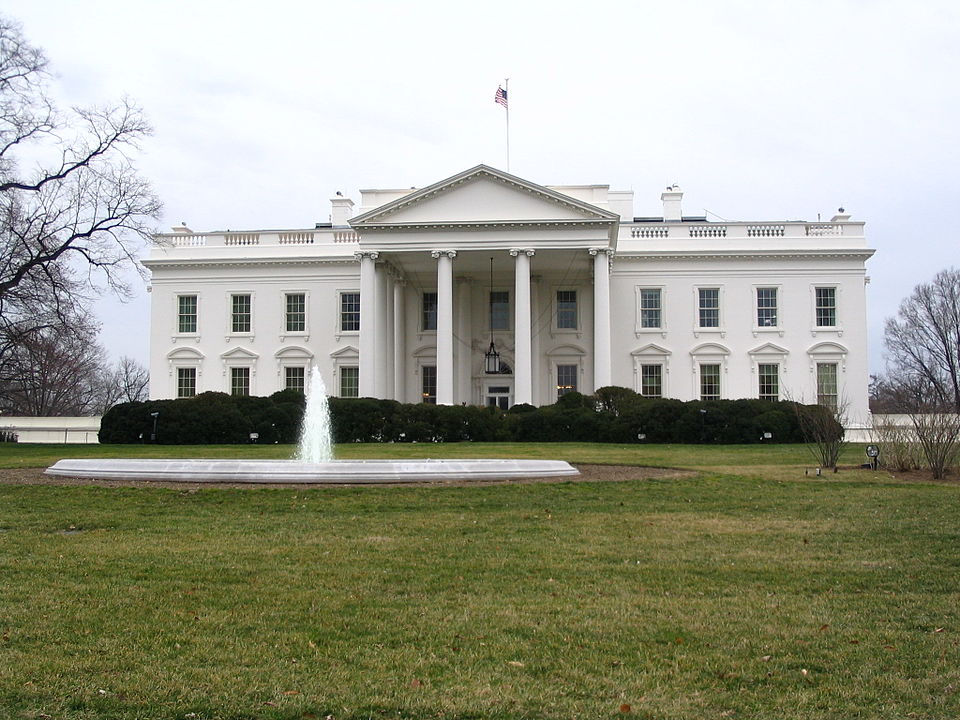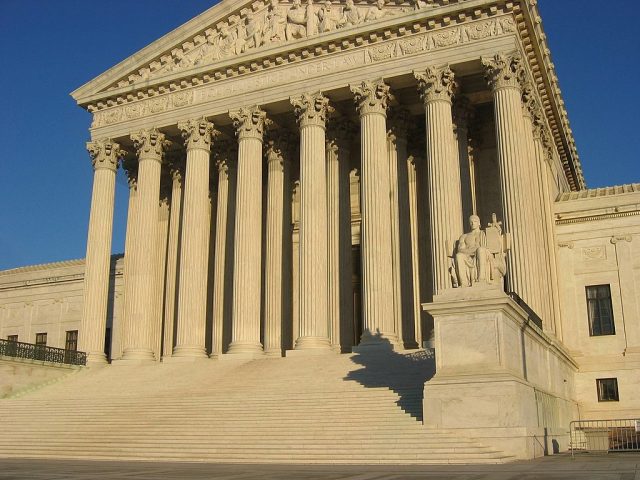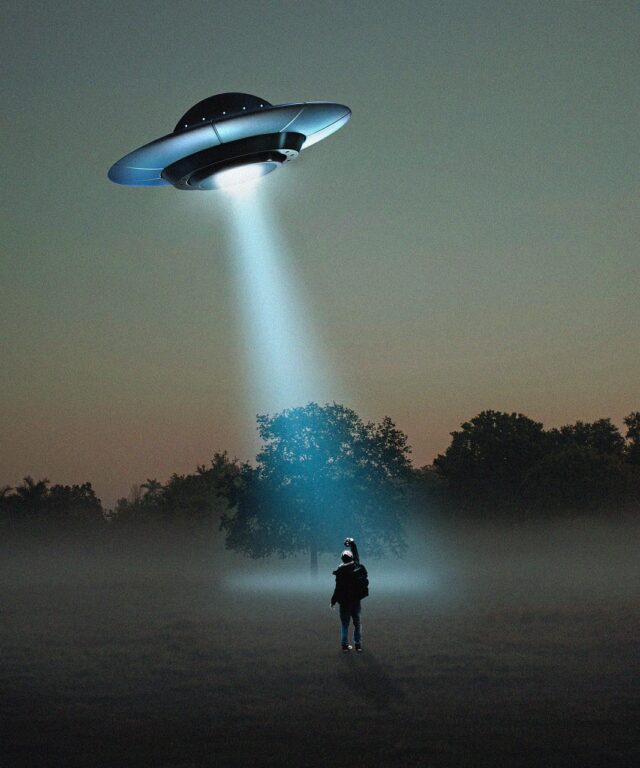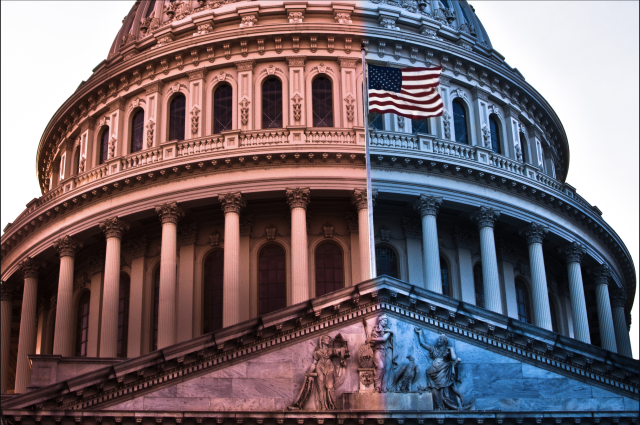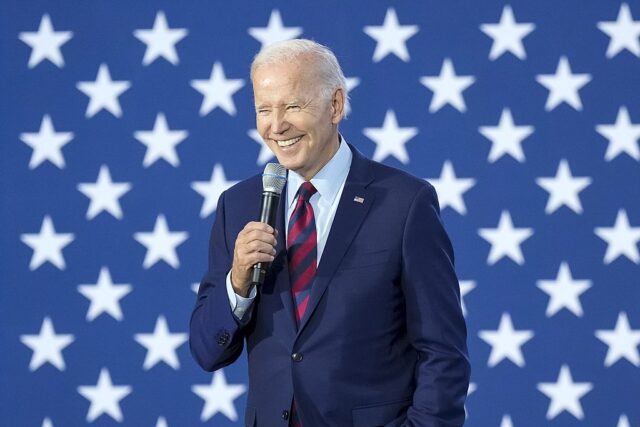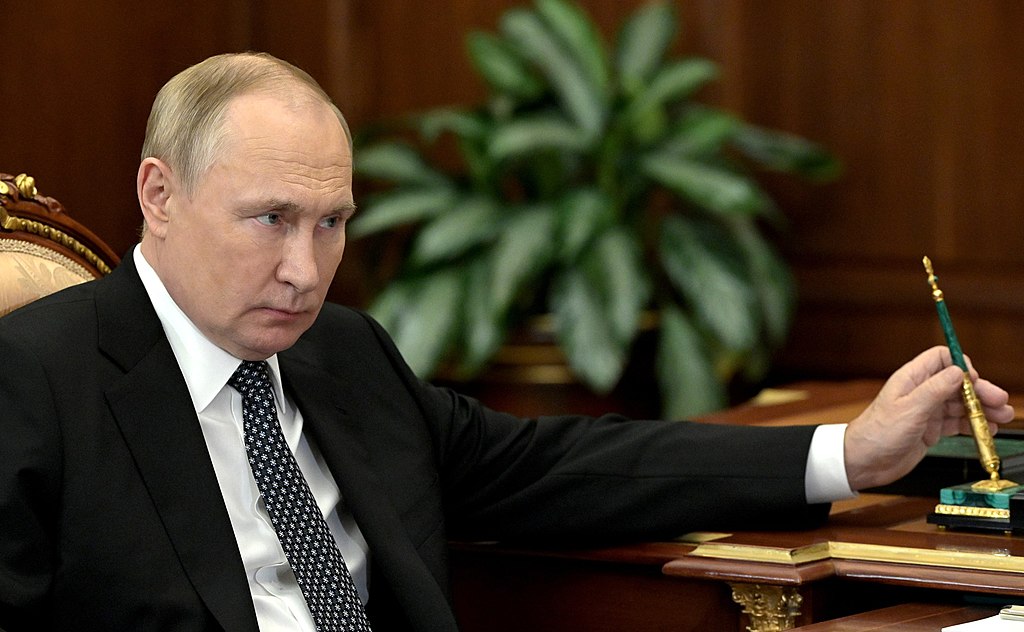Trump Confirms US Military Airstrike Killed Al-Qaeda Official
A member of a group linked to al Qaeda has been killed in a U.S. airstrike.
On Saturday, U.S. forces “conducted a precision airstrike in Northwest Syria targeting and killing a senior finance and logistics official in the terrorist organization Hurras al-Din (HaD), an Al-Qaeda affiliate,” U.S. Central Command said in a press release.
CENTCOM said the airstrike was part of its “ongoing commitment, along with partners in the region, to disrupt and degrade efforts by terrorists to plan, organize, and conduct attacks against civilians and military personnel from the U.S., our allies, and our partners throughout the region and beyond.”
“We will continue to relentlessly pursue terrorists in order to defend our homeland, and U.S., allied, and partner personnel in the region,” Gen. Michael Erik Kurilla said in a statement.
President Donald Trump congratulated U.S. forces following the mission.
“US forces conducted a precision airstrike against a member of al-Qaeda in Syria this weekend,” Trump wrote on Truth Social. “The terrorist leader was working with al-Qaeda across the region.”
“Congratulations to CENTCOM Commander Gen. Michael Kurilla, and the US warfighters who dealt Justice to another Jihadi threatening America and our allies and partners,” he continued.
Hurras al-Din was formed in 2018 after the Nusrah Front terror group broke off from Al-Qaeda. The group operates primarily in Syria’s Idlib Province and could have as many as 2,500 members, according to the National Counterterrorism Center.



